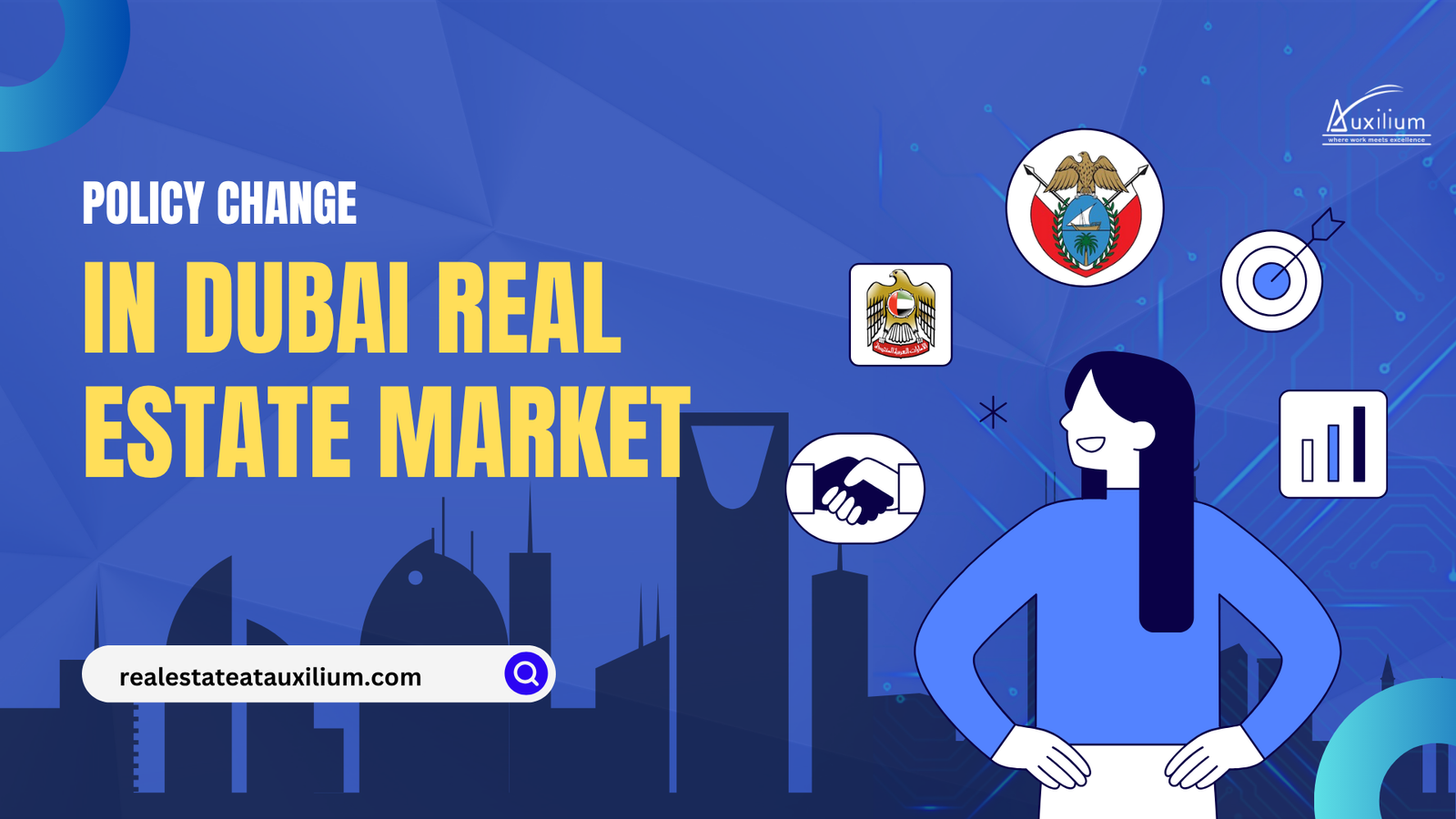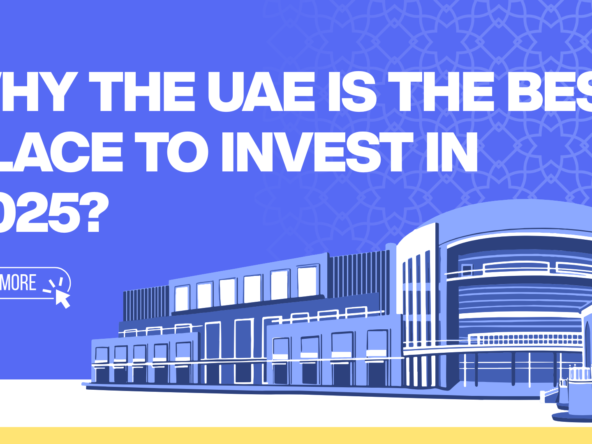The real estate market is known for its dynamic and ever-evolving nature. In 2025, significant changes will occur across various sectors, including sales operations, investment strategies, and business scaling. These changes impact not only investors and property buyers but also developers, fostering healthy competition within the industry. Below are some key developments that have shaped the market in 2025.
- Equitable Housing Development.
New regulations in Dubai’s real estate market aim to provide residents with more affordable housing options. These initiatives are designed to ensure that homes are budget-friendly for a wider range of residents. To encourage this shift, authorities will offer developers incentives and support for including affordable units in their projects. The government is actively promoting the rent-to-own scheme to make the process of owning a home easier and more accessible. Under this scheme, tenants can gradually pay towards the property’s value while continuing to pay rent. By the end of the term, they won’t need to make a large lump-sum payment, as the rental payments contribute toward ownership. This approach is especially beneficial and affordable for middle-class families who may not be able to pay the full property amount upfront. - Liberalization of Foreign Investment.
Dubai has expanded its freehold property regulations to attract investors from around the world. Several new policies are being introduced in 2025 to further encourage foreign investment. As a result of these changes, property values in designated freehold areas are expected to rise. These reforms are seen as a positive step toward making Dubai an even more attractive destination for global investors.
The Dubai government, while expanding ownership rights, has also considered providing relief for corporate property ownership. Foreign companies can now purchase property in Dubai without the need for a local sponsor. This policy change is expected to attract multinational corporations interested in investing in Dubai’s property market. By opening the market to international corporate investors, this initiative supports both real estate sector growth and overall economic development in Dubai. - Heightened Regulatory Standards for Off-Plan Projects.
Dubai’s off-plan market continues to be a major driver of real estate growth. In 2025, stricter regulations were introduced to enhance buyer protection and transparency. One of the key changes requires developers to deposit a significant percentage of the property’s value into an escrow account. This ensures that even if a developer lacks sufficient funds, there is financial security in place to prevent project delays or cancellations. This reform addresses one of the biggest concerns surrounding off-plan properties and aims to build greater trust in the market. In addition to financial reforms, Dubai’s real estate policies now enforce stricter transparency and reporting requirements for developers. Developers are required to keep investors regularly updated on project progress, and failure to do so may result in significant penalties. These changes aim to strengthen trust between developers and investors by ensuring clear communication and accountability. The primary goal is to protect investors and elevate Dubai’s real estate market to a more stable and sustainable level for the long term. - Policy Enhancements for Short-Term Lettings.
With the growing popularity of platforms like Airbnb, short-term rental properties have seen a sharp increase across Dubai. In response to this trend, new real estate policies The smart rental index and freehold status initiatives and escrow accounts are being implemented to ensure that short-term rental businesses adhere to safety standards, tax regulations, and community guidelines. The goal of these changes is to create a balanced approach that ensures security and compliance while allowing both tourists and local communities to benefit from the short-term rental market. To distinguish between private homeowners and larger rental property owners, a licensing system has been introduced. Individual property owners are required by Dubai’s Department of Economy and Tourism (DET) to register their properties and maintain specific standards for pricing and property quality. These regulations ensure that current tenants are responsible for keeping the property in good condition, which allows new tenants to move into a clean and well-maintained property.To align with international standards, Dubai has revised its tax policies regarding income from short-term rental properties. These regulations ensure that rental income contributes significantly to Dubai’s economy while also helping to maintain and preserve the city’s appeal as a top tourist destination. - Investor Residency Visa Enhancements.
One of the most attractive changes in 2025 is the enhancement of investor residency visas, which is drawing significant interest from investors. Dubai has become a prime destination for foreign investors, and the government is introducing new initiatives to further encourage investment. Under these new real estate policies, investors are offered various incentives to boost their participation in the market. Under the updated policies, individuals who invest 1 million AED or more will be eligible for a 10-year residency visa in Dubai. With the lowered investment threshold, access to the Golden Visa has been expanded to include more than just those making significant property investments. The inclusion of fractional ownership in the residency criteria has greatly broadened the pool of eligible property investors.The visa process has also been simplified, making the paperwork much easier. These updated rules are expected to increase demand in the real estate market, primarily attracting high-net-worth individuals who are looking to invest in Dubai’s property sector. As a result, these changes are drawing a significant number of investors, intensifying competition, and making the market even more dynamic. - Adjusted Tax Policies for Real Estate.
Dubai is renowned for its tax-free environment, with property taxes being significantly lower compared to most parts of the world. However, there have been some amendments to Dubai’s real estate policies. While the absence of direct property taxation remains unchanged, new adjustments have been made to related fees, such as registration and transfer charges. According to the new rules and regulations, luxury properties will be subject to higher taxes, while the property costs for affordable homes will be reduced. These tiered fees are designed to generate revenue while maintaining the attractiveness of Dubai’s real estate market for investors at all levels. The policy aims to ensure that luxury investors contribute more while providing easier access to property for middle-class buyers. - Eco-Conscious Building Policies.
Dubai is becoming increasingly focused on incentivizing environmental sustainability, and in 2025, developers will be required to follow new rules for eco-friendly construction. Developers must incorporate energy-efficient and water-saving systems as part of Dubai’s real estate policies. Sustainable building practices will be incentivized with lower registration fees and flexible payment plans. This shift toward greener construction aligns with Dubai’s broader goal of achieving carbon neutrality by 2050.The Dubai government is also offering subsidies and tax relief to property owners who renovate their properties with eco-friendly technologies. These upgrades may include the installation of solar panels, water efficiency systems, and advanced insulation. The green retrofitting initiative aims to reduce Dubai’s real estate carbon footprint and prioritize sustainability in all developments. These changes reflect Dubai’s strong commitment to sustainability and are expected to attract eco-conscious investors. - Digitalization of Real Estate Processes.
Dubai has already made significant strides in digitalization, and by 2025, it will advance even further. The Dubai Land Department (DLD) has modernized property transactions with blockchain-based title deed verification and AI-powered valuation tools. These innovations are set to transform Dubai’s real estate market, making it more modern and efficient. The digitalization of paperwork and increased visibility for investors provide significant benefits to the real estate market. Buyers and sellers can now complete property transactions online without needing to visit government offices. Smart contracts will further enhance market efficiency by ensuring secure, tamper-proof agreements.These technological advancements and changes are not only aimed at improving Dubai’s development but also at establishing it as a global leader in the real estate market. As real estate policies become more digitized, it benefits both Dubai’s residents and foreign investors.Conclusion
In 2025, Dubai’s real estate sector will experience significant transformations driven by strategic policy changes. These reforms aim to improve transparency, foster sustainable development, and harness technological advancements, positioning Dubai as a leading global real estate hub.


